Both PSA and Enterprise Resource Planning (ERP) software help businesses streamline operations, but they serve different purposes and cater to different industries.
PSA software is built to support professional service firms that rely on project-based work. It provides tools for managing client engagements, tracking billable hours, allocating resources effectively, and ensuring smooth project execution.
In contrast, ERP software is designed for businesses that require a company-wide system to manage everything from procurement and inventory to payroll and compliance. While ERP software includes some project management capabilities, it is primarily focused on integrating all departments to create a centralized hub for business operations.
How do the features of PSA software differ from ERP?
One of the biggest differences between PSA and ERP software lies in their feature sets. PSA software includes specialized tools for managing projects, tracking time and expenses, allocating resources, and handling invoicing. It ensures that service-based businesses can efficiently manage client work while maintaining profitability.
ERP software, however, is much broader in scope. While it may include some project management features, its primary strength is in integrating core business functions such as accounting, procurement, HR, and supply chain management. Unlike PSA, ERP is built to handle inventory tracking, supplier relationships, and operational workflows, making it a better fit for businesses with physical products and complex supply chains.
Choosing between PSA and ERP software depends largely on the nature of your business. If your company is service-driven and relies on projects, time tracking, and resource management, PSA software is the better choice. It will provide the tools necessary to manage projects efficiently while ensuring accurate billing and financial oversight.
Some businesses may even use both systems—leveraging PSA for project management while relying on ERP for financial and operational oversight.
How is a PSA tool different from CRM software?
While both Professional Services Automation and Customer Relationship Management (CRM) software help businesses streamline their operations, they serve distinct functions.
PSA software is built for professional service organizations that manage client projects. It provides tools for tracking billable hours, allocating resources efficiently, and automating invoicing. The primary goal of a PSA system is to ensure that projects are delivered on time, within budget, and with optimal resource utilization.
CRM software, on the other hand, is centered around managing customer interactions. It helps sales and marketing teams track leads, nurture prospects, and maintain customer relationships. A CRM system is designed to improve customer engagement, increase sales efficiency, and provide a clear view of customer touchpoints across an organization.
While there is some overlap, CRM focuses on pre-sales activities like lead tracking, while PSA focuses on post-sales execution and service delivery.
Why do you need a PSA if you have a CRM tool?
Although PSA and CRM software serve different purposes, they can work together to create a seamless customer experience. For example, a sales team using CRM can close a deal, and that information can be transferred to the PSA system to initiate project planning, assign resources, and track progress. Integration between CRM and PSA ensures a smooth transition from sales to service delivery, improving efficiency and customer satisfaction.
5 reasons to invest in PSA: How do you know why and when to use a PSA tool?
How do you know if your business needs PSA software? Here are the key scenarios where implementing PSA can make a significant impact:
1. You struggle with resource allocation
Are your team members overbooked or underutilized? PSA software helps optimize resource allocation by matching the right skills to the right projects and balancing workloads across teams. It provides visibility into capacity planning, preventing employee burnout while ensuring that projects have the necessary expertise to succeed.
2. Time tracking and billing are a challenge
Accurate time tracking is critical for service-based businesses. PSA software automates time and expense logging, ensuring that billable hours are properly recorded and invoiced. This minimizes revenue leakage, eliminates manual errors, and speeds up the billing cycle, improving cash flow.
3. You lack visibility into project financials
If you’re unsure whether projects are profitable until after they’re completed, PSA software can help. It provides real-time financial insights, allowing businesses to track budgets, forecast revenue, and identify potential risks early. With automated reporting and dashboards, you can make data-driven decisions that improve project margins.
4. Your team uses multiple disconnected tools
Many businesses rely on a mix of spreadsheets, task management apps, and separate accounting software, leading to data silos and inefficiencies. PSA software integrates project management, financials, and reporting into a single platform, eliminating redundancies and improving collaboration across departments.
5. You need to scale operations efficiently
As your business grows, managing projects manually becomes unsustainable. PSA software supports scalability by standardizing workflows, automating administrative tasks, and providing a centralized system for managing client engagements. Whether you’re onboarding new clients or expanding your service offerings, PSA ensures smooth operations at every stage.


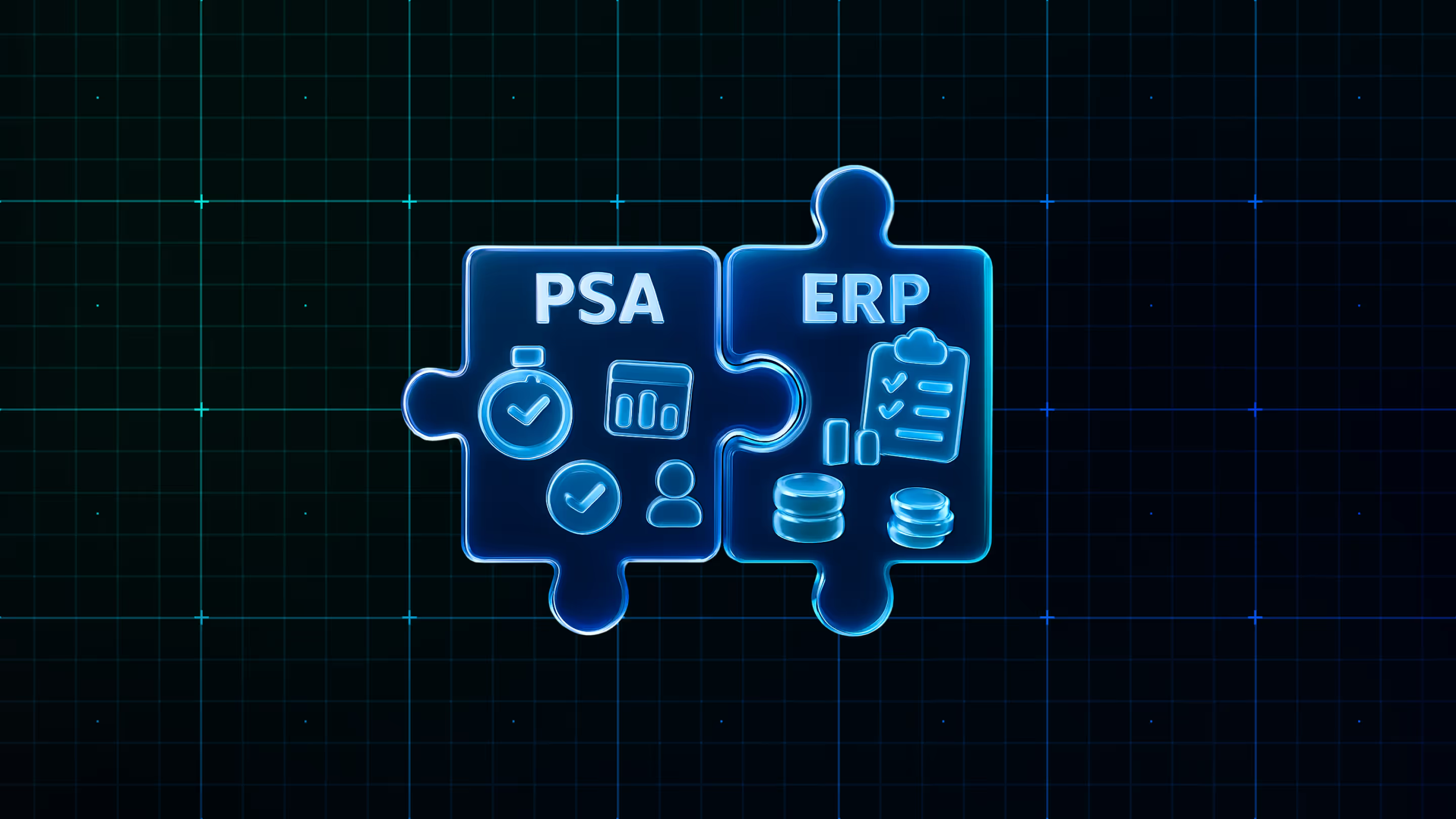




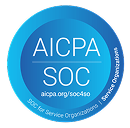
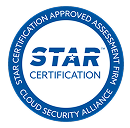

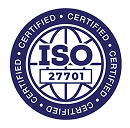









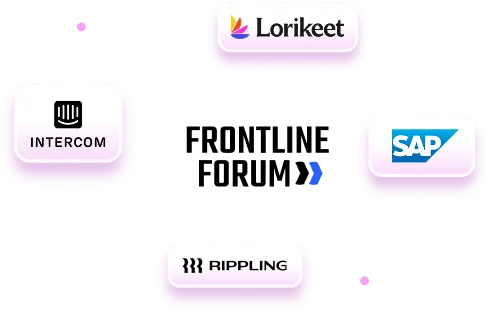
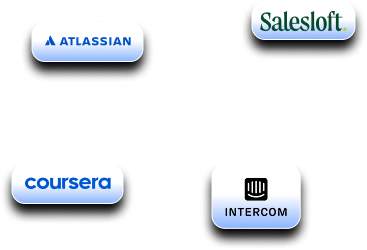

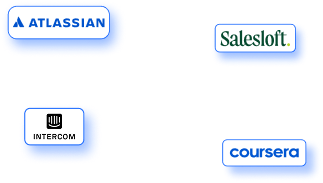
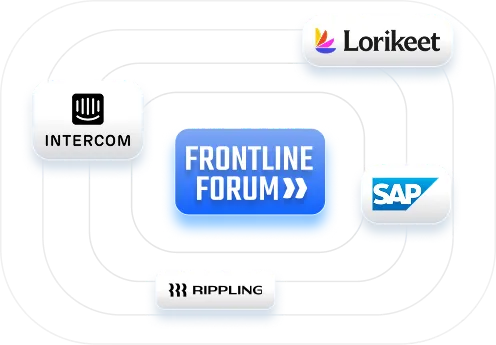
.webp)